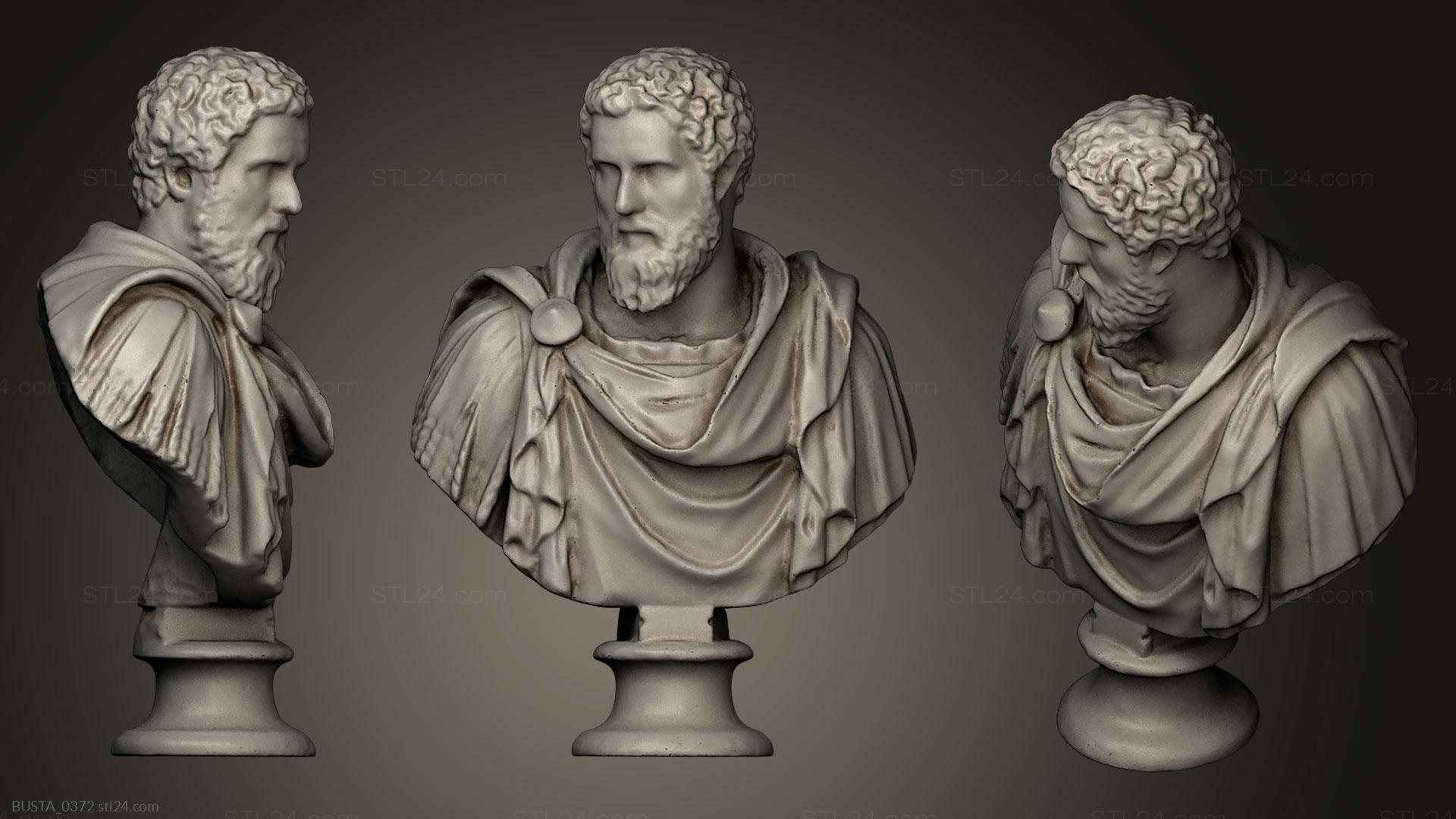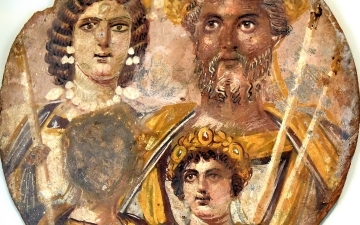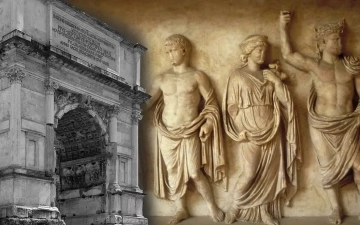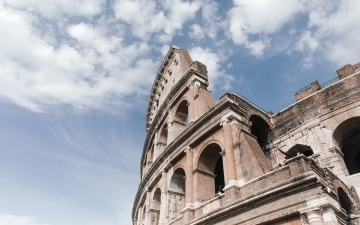Didius Julianus: The Emperor Who Bought the Roman Empire

The year 193 AD was a tumultuous one for Rome. The assassination of the capable Pertinax plunged the empire into a crisis of leadership. The Praetorian Guard, the elite imperial bodyguards, found themselves without a master and, true to their corrupt nature, decided to auction off the imperial throne. In this extraordinary act, the once-mighty Roman Empire was reduced to a mere commodity.
The highest bidder in this shameful transaction was Marcus Didius Severus Julianus, a wealthy and influential senator. His path to power was as unconventional as it was scandalous. Julianus was a man of considerable wealth, but he lacked the military experience or political acumen that would typically be associated with an emperor. Yet, with a purse overflowing with gold, he was able to outbid his rivals for the coveted position.
The Praetorian Guard, ever focused on their own interests, readily accepted Julianus’ bid. The Senate, shocked and appalled by this blatant disregard for tradition and merit, was powerless to intervene. The once-proud institution had become a mere rubber stamp for the whims of a corrupt military force.
Julianus’ reign was as brief as it was disastrous. His legitimacy was questionable from the outset. He was seen as a puppet of the Praetorian Guard, a mere usurper of the imperial throne. The provinces, accustomed to strong, military leaders, were outraged by the selection of a civilian bureaucrat.
Moreover, Julianus proved to be utterly incapable of governing the vast Roman Empire. Lacking the necessary skills and authority, he was unable to quell the growing unrest within the empire. Meanwhile, ambitious generals in the provinces, such as Septimius Severus in Pannonia, saw an opportunity to seize power.
The final blow to Julianus’ short-lived reign came when Septimius Severus marched on Rome with his legions. The Praetorian Guard, realizing the futility of their support for the unpopular emperor, abandoned Julianus. The Senate, eager to distance itself from the disgraced ruler, condemned him to death.
In the end, Didius Julianus’ reign is a stark reminder of the decline of Roman values. The once-noble office of emperor had been reduced to a mere auction prize, a symbol of the empire’s moral and political decay. His brief tenure serves as a cautionary tale about the dangers of placing power in the wrong hands.
The reign of Didius Julianus marked a turning point in Roman history. It ushered in a period of civil war and instability, known as the Year of the Five Emperors. Out of this chaos, Septimius Severus would eventually emerge victorious, ushering in a new dynasty and a period of relative stability.
Related Posts
Majestic Ancient Rome: Unveiling the Timeless Splendor of Ancient Roman History Architectural Marvel and Colosseum
Introduction The history of Rome is an intricate weave of power, culture, and art. It gives ample narratives ever since the rise of the Roman Republic until the Empire Era Greco-Roman civilization is captivating for the world, historians and travelers as well. In this article we tell the story of...
Read MoreSeptimius Severus: The General Who Became Emperor and Reformed the Roman Empire
The tumultuous period following the assassination of Commodus saw a rapid succession of emperors, each vying for power in a chaotic political landscape. Among these contenders, Septimius Severus emerged as the ultimate victor. A seasoned general with a reputation for military prowess and political acumen, Severus proved to be a...
Read MoreVespasian: Rebuilding Rome and the Legacy of the Flavian Dynasty
The Roman Empire has seen its share of dynasties and emperors, but few have left as lasting a legacy as Vespasian and the Flavian Dynasty. Vespasian, the founder of this dynasty, rose to power during a time of turmoil and financial crisis and proceeded to transform Rome. In this article,...
Read MoreThe Challenges and Blessings of Being a Christian in Modern Times
Christianity, born in a time of Roman rule and cultural upheaval, has always thrived amid paradox: power through humility, victory through suffering, life through death. In modern times—marked by rapid technological advancement, shifting moral landscapes, and growing religious pluralism—being a Christian is both profoundly challenging and richly rewarding. It calls...
Read MoreThe Role of Horses in the Roman Empire: From War to Sport
If we look back on the Roman Empire, we can see that horses played an important role. They were engines of power and symbols of prestige, and they were used for agriculture, traveling, warfare, and yes, entertainment like chariot races. Spanning centuries of conquest and culture, horses have always been closely...
Read MoreRoman Festivals and Public Holidays
In ancient Rome, festivals and holidays were important days for the people to come together and perform religious rituals. Since the Roman calendar didn’t have weekends, these feriae (holidays) would provide days of rest from people’s regular routine. There were three kinds of Roman holidays: Conceptivae: These annual holidays had...
Read More






















